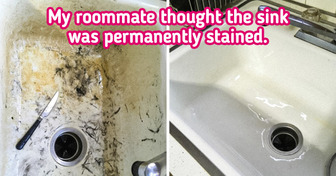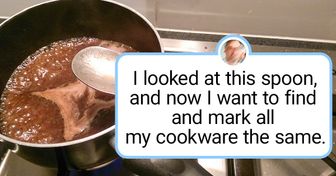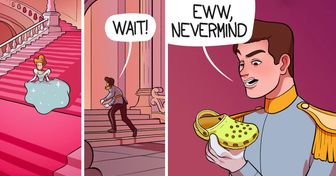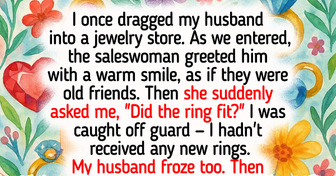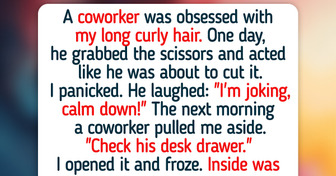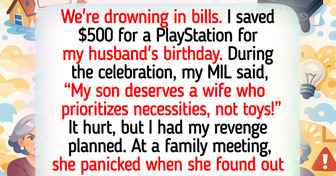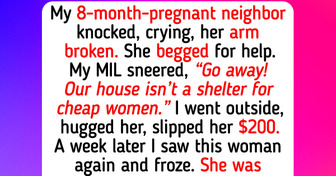20+ Pointlessly Gendered Objects That Leave Us Scratching Our Heads

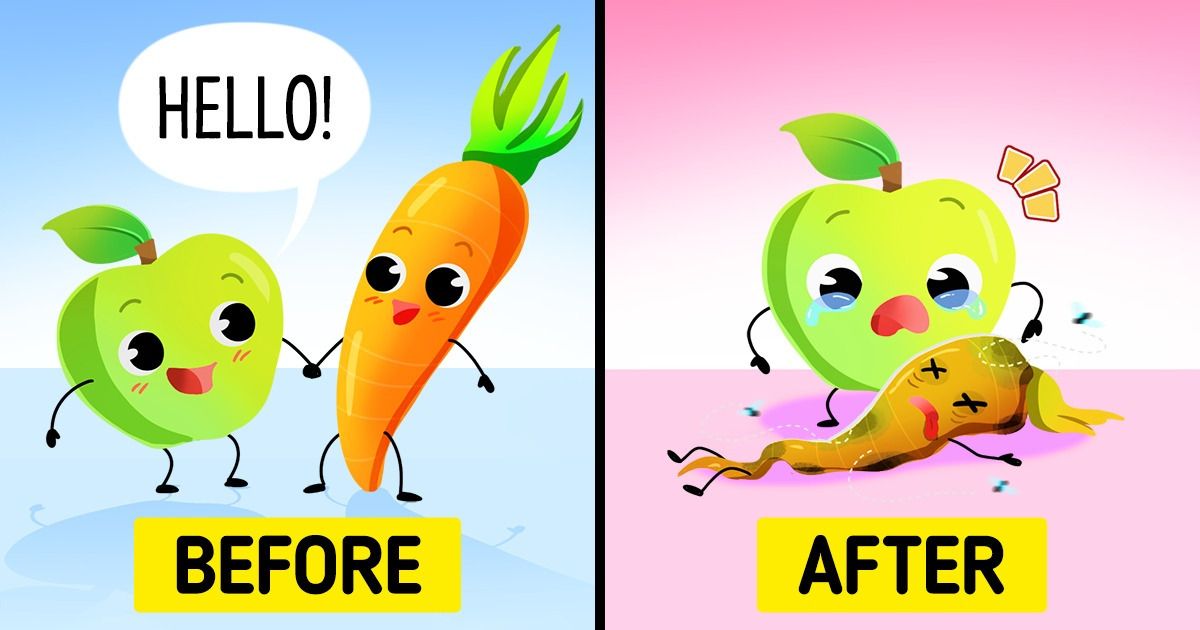
Although some products can go together very well, they actually can’t coexist when it comes to storage. Some foods emit ethylene, which is a gas that ripens other produce prematurely. There are also products that are sensitive to the gas and can go bad faster if exposed to it. That’s why some foods should avoid each other at all costs (unless you want to ripen them quicker).
Bright Side explains which fruits and vegetables make good friends and which ones should stay away from each other.
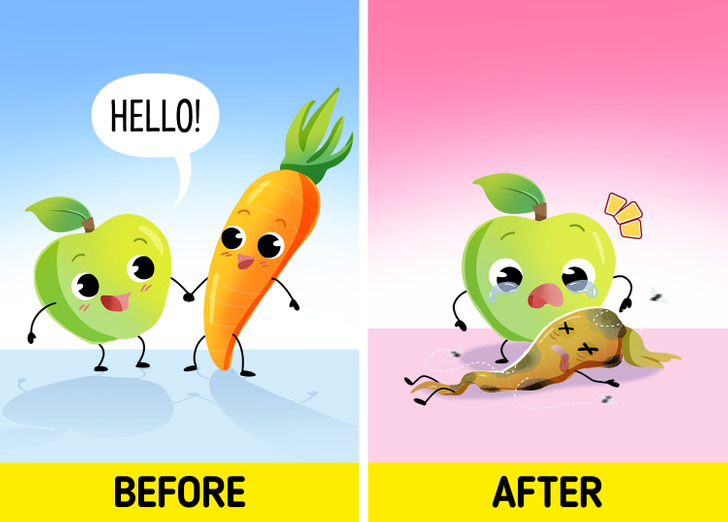
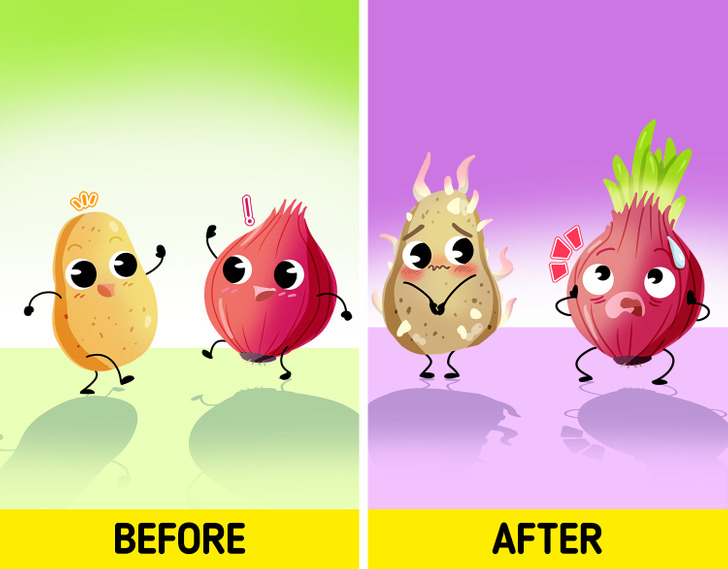
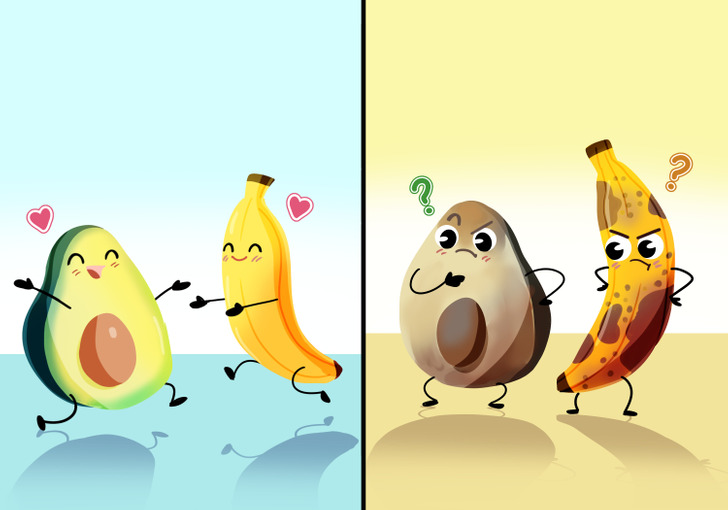
Ripe peaches should stay away from bananas since all the ethylene emitted by bananas will cause peaches to ripen faster than usual. The riper a banana is, the more gas will be released.
Grapes are very “fragile and delicate” when it comes to storing them. They don’t tolerate any other fruits or vegetables nearby. Mangoes give off too much ethylene gas and the process of ripening and rotting happens faster. Besides, strong-smelling vegetables are only terrible companions for grapes since the latter absorbs odors easily.
Blueberries are climacteric (emit ethylene), and strawberries are non-climacteric. If you store them together, strawberries might get overripe and go bad earlier than they should. It’s okay to store unripe strawberries with blueberries together, however, if both types of berries are overripe, eat them within a few days.
What other foods can’t we store together? How do you separate them?

